NSW State Election Preview
Liam Mulhall
24 March 2023, 2:43 AM
 Pre-polling location in Coonamble
Pre-polling location in CoonambleIt's NSW State Election season!
While some have been able to pre-poll or have already cast their vote by post, this Saturday 25 March will see the rest of us line up at our local polling booths to decide who will represent us in the massive western seat of Barwon in the NSW Parliament.
There are eight candidates for our electorate this time, one less than the 2019 state election. There has also been a few changes to the parties fielding candidates.
In 2019, along with two independents (Phil Naden and Owen Whyman) and the major parties (Nationals, Labor and Greens), we also saw candidates from the Shooters, Fishers & Farmers, the Liberal Democrats, Animal Justice and Sustainable Australia parties.
In 2023, we again have two independents - the standing MP Roy Butler who has left the SFF and Condobolin-based Stuart Howe - the better known parties (Labor, Nationals, Greens & SFF), plus two different parties in the Public Education Party and the Legalise Cannabis Party.
Now it is up to us to decide who we think will best represent our interests in the government responsible for delivering so many on-the-ground services.
The Western Plains app approached all Barwon candidates with the same questions. We received the responses below.
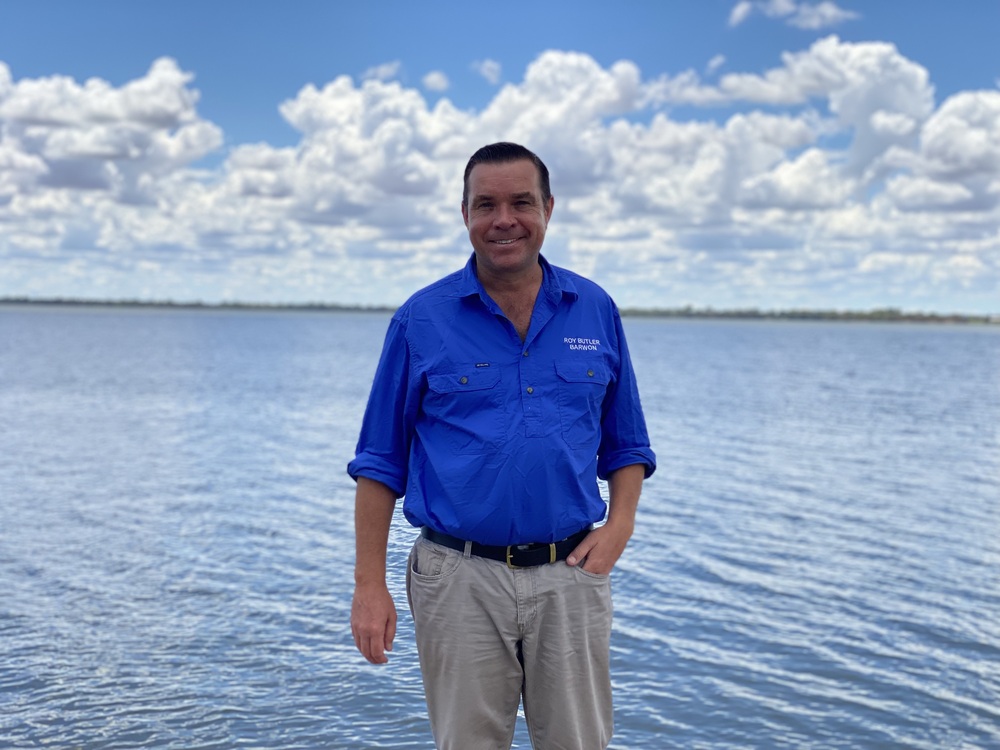
Roy Butler: Independent
Reducing crime:
I will look to make sure that police numbers up to full strength in regional towns, with police trained in early intervention methods. There also needs to be more programs in place to divert youth from a path of crime and more PCYC style programs, to allow better interactions between police and youth.
Cost of living pressure:
We need to offer more assistance to those genuinely struggling on lower incomes, by using things such as vouchers, rebates and tax relief.
There are a number of things that could be done at a state and federal, level such as introducing better solar subsidies and rebates to bring down energy bills.
Giving more concessions on car/bike registration. A reduction in the fuel excise, a domestic gas reserve, or a public interest test on exports of gas. Cash back schemes for fees and tolls for lower income earners or struggling small businesses.
Government spending:
If there is a hung parliament, a minority government, or a government with a slim majority, they will need to rely on votes from the crossbench, which will give me a unique opportunity to make sure that the funding continues.
The 2016/17 financial year saw electorate-specific funding of $132million. In 2022/23 we saw Barwon with $907million, a massive increase that begins to make up for years of neglect.
Rural healthcare:
I want to see all 44 recommendations of the Regional Health Inquiry implemented.
After implementation, a commitment to a second review to identify emerging or residual deficits.
As a priority there needs to be a bigger effort to retain experienced nurses, midwives and health workers who have indicated they will soon leave the profession.
Housing:
There needs to be a multi-pronged approach to housing.
More crown land needs to be released for building social housing as well as housing for professionals and making available more land close to town, a mix of housing everything from studio apartments and bed-sits to larger family homes.
More social housing is part of the answer, but so is ensuring that the stock that we’ve got of unused housing is refurbished and put back onto the market for rent or for sale.
Other:
It is a time for government and agency accountability to set a clear direction for a brighter future for Barwon. That’s my goal if re-elected.
The existing unstructured approach to droughts and natural disasters, the steadily declining health outcomes in the bush, the lack of clear metrics to ensure the people in the communities of Barwon have access to the services we need, the continuing issues with education, connectivity, workforce, housing, and water security need to stop. We need action.
The strategy we bring to the next 4 years is to put hard-line accountability into the oversight of directly relevant NSW agencies.
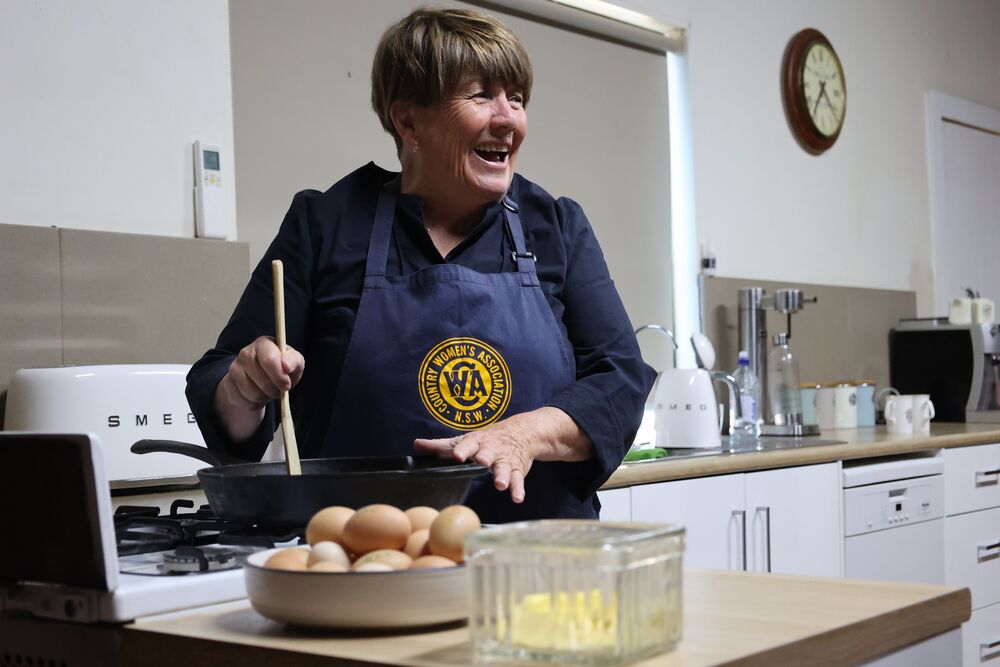
Annette Turner: Nationals
Reducing crime:
Crime reduction requires a comprehensive approach that involves addressing the root causes of criminal behaviour. This needs a comprehensive approach by investing in education, mental health services, and job training programs can help reduce crime rates. Additionally, we need to be supportive of our local police.
I will be pushing for more funding to develop youth Centres and PCYCs, particularly in Coonamble. Look to Cobar or Warren and you will see huge success in kids learning, health and social outcomes because they have hubs that they can study, play sport, eat and hang out after school and on weekends. This is the kind of positive steps we need to take on a local level to reduce crime.
Cost of living pressure:
Many people in Barwon are feeling the strain of rising living costs. I will be pushing forward to expand the more than 70 ways to save in Service NSW that currently includes Back to School Vouchers, low income rebates, Gas Rebates and Active Kids Sport vouchers.
These are great initiatives, however, there needs to be additional vouchers and rebates for regional people. The NSW Nationals pushed hard for the $250 regional seniors travel card and the $250 regional apprenticeship travel card to balance the scales and cover the costs of fuel, bus or trail rides. These need to go further by supporting regional small businesses, farmers and key workers such as teachers and nurses.
Government funding:
While the Nats lost four years ago in Barwon, the party and the Government has never turned its back on Barwon. That is the reason that Barwon has seen record funding in the last four years.
It is critical to ensure that the funding for Barwon continues to grow in the future. I will prioritise pushing the Liberal party to increase public awareness of the importance of investing in our region and working closely with my party and others to secure funding for infrastructure and community development projects.
Rural healthcare:
Access to quality healthcare is a basic right and I recognise that rural areas in Barwon often face unique challenges in this area. Plain and simple, we need more nurses. I will be advocating for better incentives to come to the bush which includes boosts in pay and better support for housing. I also believe that we can invest more in telehealth technology to improve access to medical care. This will complement the $1.2 billion that the NSW Nationals have committed to in critical health infrastructure if re-elected.
Housing:
The housing crisis in Barwon is a complex issue, and there is no easy solution. I will be supporting measures to increase the availability of affordable housing, such as incentives for builders who build affordable units and support for community land trusts. I also believe in working with local housing authorities to provide assistance to those who are struggling to find adequate housing.
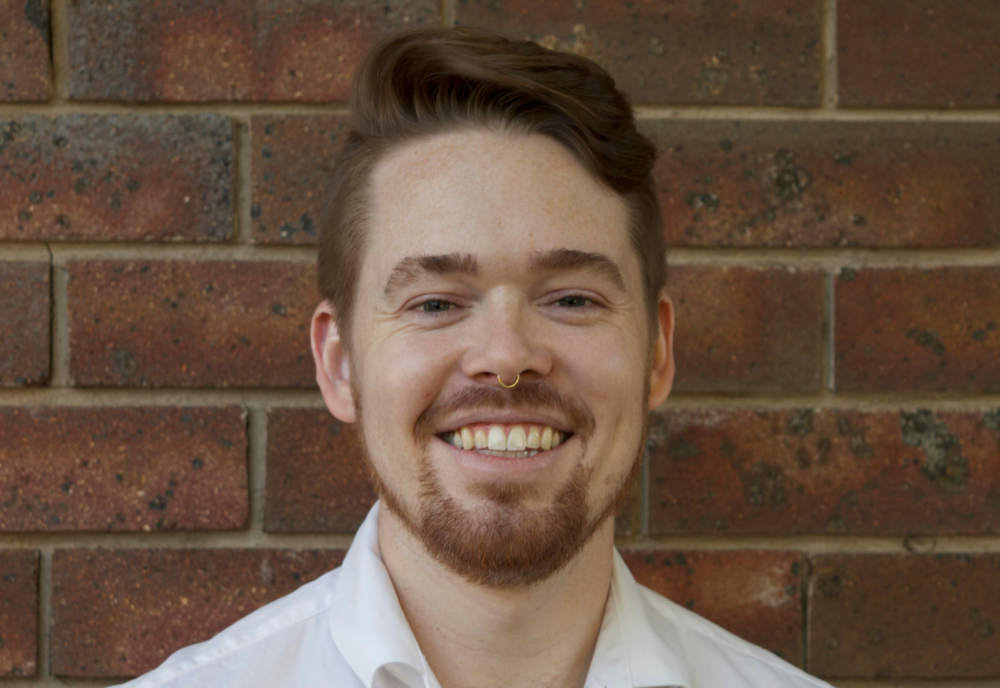
Joshua Roberts-Garnsey: Labor
Reducing Crime:
NSW Labor will hold a regional crime round table lead by Shadow Minister for Police Paul Scully if elected. This will ensure a collaborative approach for tackling crime in regional NSW
Cost of Living Pressure:
NSW Labor will end the privatisation of essential state assets.
A Minns Labor Government will deliver more stability and reliability in our state’s energy supply by building community batteries.
Labor will create the NSW Energy Security Corporation, a state-owned body that will accelerate investment in renewable energy assets.
Eligible NSW small businesses will receive $315 directly off their energy bill.
Labor’s Energy Relief Fund will mean NSW households who are hit hardest by rising electricity prices will receive $250 directly off their energy bill.
Government Funding:
Barwon is a very large electorate but NSW Labor has a plan for the entire state. Barwon will receive its fair share as highlighted in our $67 million commitment to fixing roads that has been long overdue.
Rural Healthcare:
A Minns Labor Government will invest in health study subsidies to attract staff and retain talent in the NSW public health system.
Appoint Department Secretary to oversee the implementation of rural health recommendations
Introduce minimum and enforceable safe staffing levels to public hospitals, starting with emergency departments.
A Minns Labor Government will establish a Special Commission of Inquiry into health funding to ensure money is being spent effectively to improve health outcomes across the state.
NSW Labor will host a drug summit with professionals within the first term.
Labor will give paramedics professional recognition.
A Minns Labor Government will invest $70 million to build three new helicopter ambulance bases, to reduce emergency health response times in regional and rural NSW
NSW Labor will recruit 500 additional regional and rural paramedics in the first term.
Housing:
A Minns Labor government will:
- Abolish the NSW Government’s forever land tax on the family home
- Remove or reduce the stamp duty tax burden for 95 per cent of first home buyers over the next three years - $722 million
- Introducing a mandatory requirement for 30 per cent of all homes built on surplus government land to be set aside for social, affordable and universal housing
Create Homes NSW:
- Homes NSW will be a single, one-stop social and affordable housing agency which brings together all of these touch-points in a single authority to manage the delivery of social housing in NSW.
- Longer term funding certainty for homelessness and housing support organisations and tenancy advocacy services dealing with the fall-out from the housing crisis.
- Streamline the planning process under the Minister for Planning and cut red tape.
- Create a Rental Commissioner
- Protecting tenants from unfair evictions by creating reasonable grounds for ending a lease
- Ban the practice of secret rent-bidding
- Implement a Portable Bond Scheme
- Make it easier for renters to have pets in their homes
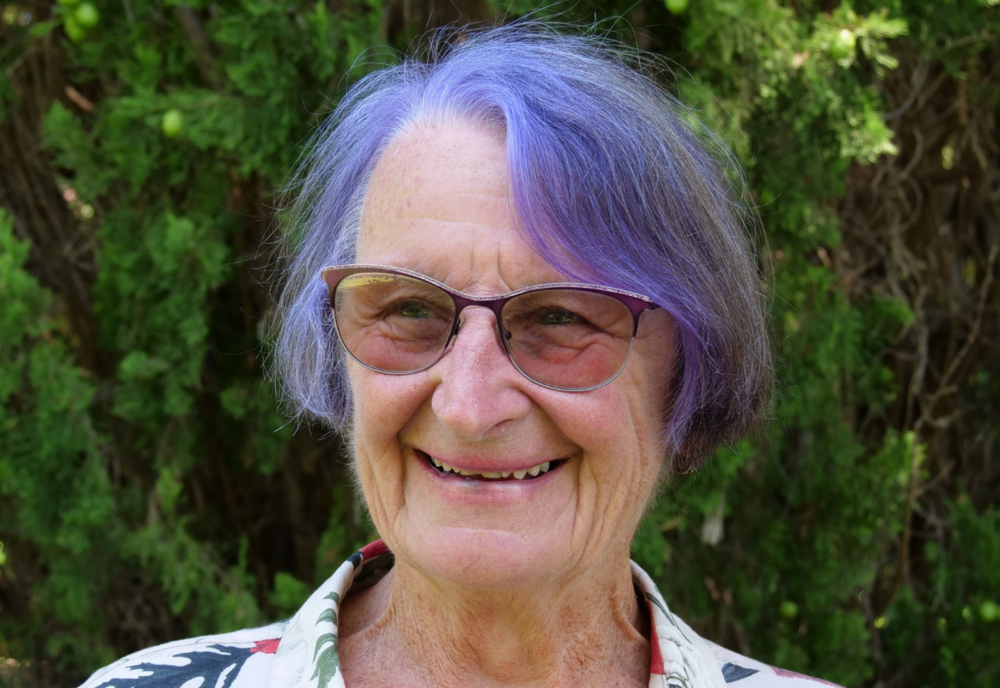
Pat Schultz: Greens
Reducing crime:
The Greens would work towards reducing crime in Barwon by putting in more supports for families, particularly First Nations families. The budget used to send young people to detention should be used in family and community programs to divert young people from crime before they commit crimes and are incarcerated. Jailing a young person, or an adult starts a cycle of crime. More jails are not the answer, more diversionary programs are likely to reduce crime.
Cost of living pressure:
The Greens would cap rents, to help prevent homelessness. The Greens support wages and centrelink payments keeping up with inflation.
Government spending in our electorate.
The Greens are committed to equitable funding for all electorates. That the most essential projects are funded. Rural areas such as Barwon will require continued adequate funding.
Rural healthcare:
I am a support person for a Barwon resident with a chronic illness, traveling to accompany him for medical treatment. This has given me great insight to the difficulties faced by Barwon residents in meeting medical needs and I know firsthand the many kilometres travelled to see a specialist.
The Greens Health Policy demands equal access to medical treatment for all. Cate Faehrmann, Amanda Cohen (a GP), a General Practitioner and Lynda- Jane Coe a would fight for improved services in Western NSW. The Greens will make dental and mental health care part of Medicare and reinvest the private health rebate back into the public system so we can slash wait times and remove out of pocket costs. Check out the Greens health policy here https://greens.org.au/platform/health.
Housing:
The Greens plan is a minimum of $5 billion invested in social and affordable housing every year (indexed to inflation) and removing the $500 million cap.
A national plan for renters including the Prime Minister putting a national freeze on rent increases on the national cabinet agenda and an immediate doubling of Commonwealth Rent Assistance in the Budget
$1 billion investment in remote Aboriginal Housing.
All housing through the Fund should meet minimum inclusive design standards.
Other:
I have campaigned in Barwon for 11 years to protect the Pilliga Forest, the Great Artesian Basin and the farmland from coal seam gas and coal mining, and to stop the pipeline. Although not a resident in Barwon, I have spent many weeks working with locals and with Kooris to protect this great forest, to which they have deep cultural ties. Lynda Jane Coe, a Wiradjuri and Badu Island woman is third on the Greens Legislative Council (upper house) ticket.
If elected she will have The Greens Portfolio for Aboriginal Affairs and join with us to protect The Pilliga. I have also supported farmers to protect the farmland, which Santos is determined to decimate. I have taken many people to The Pilliga to show them the beauty, and the destruction. Many Greens MLC’s (Members of the Legislative Council) including Cate Faehrmann have joined me in The Pilliga. They continue to vote against coal and coal seam gas development in parliament.
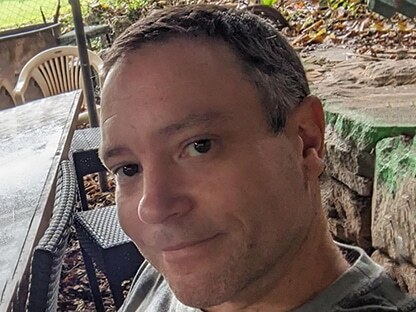
Ben Hartley: Legalise Cannabis Party
Reducing crime:
Ice and other hard drugs are responsible for a lot of crime in country towns all over the state and across the country.
Alcohol is a root cause of domestic violence and other anti-social behaviours and is the only legal option for most people.
People use these drugs and alcohol because they won’t show up in a drug test for work or on a RBT or RDT roadside.
Legalising cannabis and changing the unjust and unreasonable drug driving laws will offer another social alternative; the world has become aware of its reputation as a “chill pill,” thus reducing the need to express their anger through violence.
There would be far less domestic violence, and our kids would be a lot safer in their own homes if cannabis was a choice for a great many of these people.
Cost of living pressure:
More Jobs: New industries and sustainable resources can both benefit the economy and the people.
We should be aiming to encourage investment in the hemp and other sustainable resource industries, which will feed the machines of value-added manufacturing in textiles, plastics, food, cosmetics, and the list is endless. All of this could be regionally based.
Cost of living pressures are caused by forces beyond the control of state governments.
All we can do is create jobs so people get off welfare and into paid work.
Government funding:
As an outsider to the area, I’m unaware of what this funding was for or what it has achieved.
Legalising Cannabis would bring big dollars out of the hands of crime gangs and into the hands of the State Government and if used wisely could be shared where it’s needed most instead of wasting it on highly paid public servants.
Rural healthcare:
The only way to address them is with money.
Money wasted on policing current drug laws for personal use could be redirected into this. Legalising cannabis and putting a 10% ‘harm reduction levy’ on legal sales could bring in huge amounts of revenue. Current figures have about 4 million Australians using cannabis socially or for medical reasons on the black market.
I believe this is a gross underestimation of the number of people who use cannabis.
No matter how much they take off the street, there is never a shortage. Cannabis is a healing herb, unlike ICE and booze, which account for a huge chunk of our health budget. It’s a no-brainer. And for those who say Cannabis causes mental health issues, have a look at the stats: mental illness issues are the second top reason doctors are legally prescribing cannabis, so there is yet another health win for the herb.
Housing:
Housing issues need to be addressed in the cities and in the bush.
Greed is a big part of the problem.
People always want more—more money, more power, more houses.
We need more public housing and refuges for women and children (which we would need less of if cannabis were legal).
We need the government to stop wasting so much money on unnecessary “consultants” and reduce the number of levels of management and overpaid public servants.
This would free up huge amounts of money that would benefit one person and their family.
Where to Vote?
Voting is available at the following locations:
- Alma Public School
- Baan Baa Community Hall
- Baradine Central School
- Bellata War Memorial Hall
- Binnaway Central School
- Boggabri Public School
- Bourke Public School Hall
- Brewarrina Visitor Information Centre
- Broken Hill Base Hospital
- Broken Hill North Public School
- Broken Hill PCYC
- Burke Ward Public School
- Burren Junction Public School
- Wilcannia Community Hall
- Cobar High School
- Collarenebri Central School
- Condobolin Public School
- Coolah Central School
- Coonabarabran Town Hall
- Coonamble High School
- Cumborah Recreation Reserve Trust
- Curban Community Hall
- Dunedoo Jubilee Memorial Hall
- Enngonia Public School
- Euabalong Community Centre
- Fifield Public Hall
- Gilgandra High School
- Goodooga Central School
- Gulargambone Central School
- Ivanhoe Central School
- Lake Cargelligo Memorial Hall
- Lightning Ridge Central School
- Mendooran Central School
- Menindee Civic Hall
- Morgan Street Public School
- Murrin Bridge Pre-School
- Narrabri Aquatic Centre, Multi-Function Room
- Nevertire Community Hall
- Nyngan High School
- Pilliga Public School
- St Lawrence's Anglican Hall
- Tooraweenah Public School
- Tottenham War Memorial Hall
- Tullibigeal Community Hall
- Walgett Community College High School
- Warren Central School
- Wee Waa Public School
- Weilmoringle Public School
More details about the Barwon electorate can be accessed at: https://elections.nsw.gov.au/elections/find-my-electorate/districts/barwon



